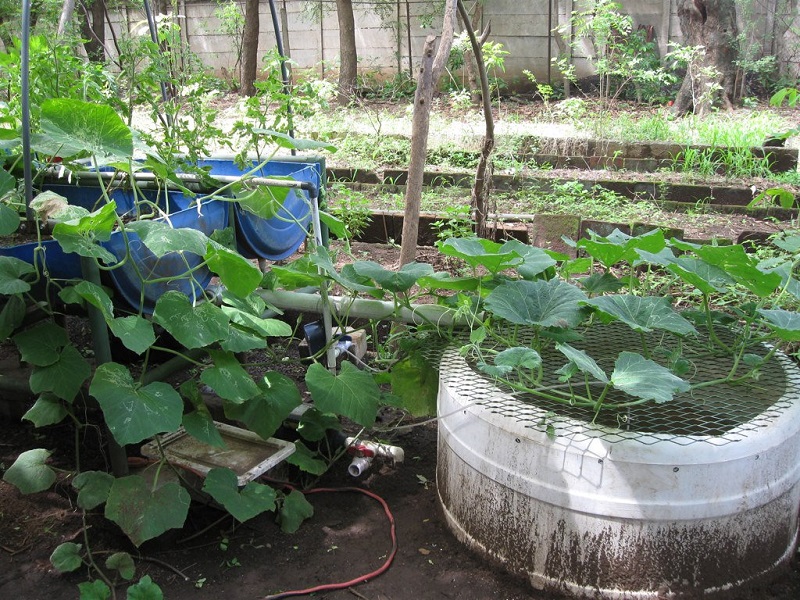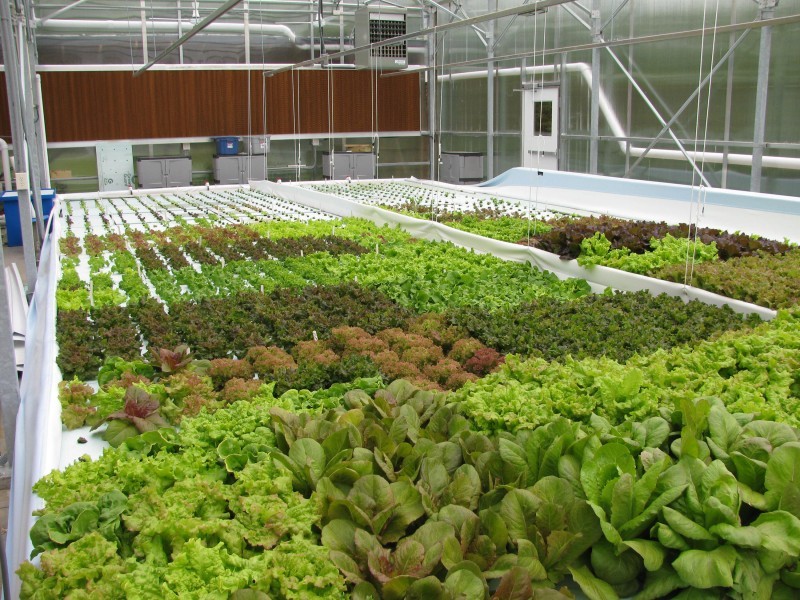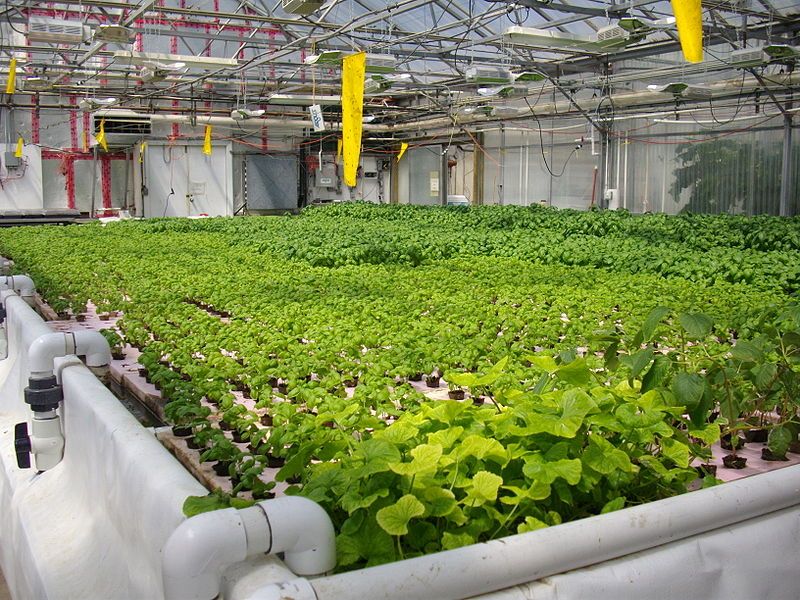Aquaponics, for the uninitiated, blends aquaculture, which is all about fish farming, with hydroponics, which is all about growing plants that can grow without soil. When fishes respirate, ammonia is produced, while excreta must be removed from tanks on a regular basis to ensuring that fishes remain healthy. The waste produced by fishes is a great source of organic food for the plants that can grow without soil, and in turn, the plants naturally filter water for the fishes. This is done in aquaponic tanks, in which another thing called “nitrifying bacteria” is also present, which help convert ammonia into nitrites and eventually to nitrates, which can be used up by the plants.
There’s no denying that Aquaponics systems favorable to growing vegetables, but this form of cultivation also does away with some of the disadvantages associated with traditional gardening.

Why Aquaponics is a good solution?
Soil-based gardening relies considerably on use of artificial products and nutrients, and there’s always a concern about pests. Aquaponics uses almost 10% of water that otherwise needed for traditional gardening. When it comes to hydroponics, the cost is always on the higher side, especially when it comes to fish food, nutrients, cleaning and maintenance. Hydroponic tanks must be closely monitored for every single thing, especially for total dissolved solids. Not to forget, amount of water required for hydroponics is huge.
Evaluating benefits of Aquaponics
Aquaponics is all about recycling, and that’s an advantage in comparison to most of the traditional systems. Both hydroponics and aquaculture become even more resource-optimal, and there is no need to rely on pesticides and chemicals. Aquaponics is natural farming at its best, and you can do away with the gardening chores that are typically annoying. Aquaponic tanks can be placed anywhere, so you don’t need a yard – Yes, you can even create an Aquaponic system in your basement – it’s that easy. For anyone who is interested, Aquaponics offers them a choice to grow most of their food requirements in their home. Contrary to what many believe, this is nothing new and has been a practice for hundreds of years.

Final word
For those who want to consider aquaponics at home, it is necessary to do the initial homework, because that makes a big difference as far as approach is concerned. Knowing the balance between plants and fishes is important, because if plants are limited, the water can get toxic for the fishes. Aquaponics experts agree that pest control is usually one of the first challenges in this kind of an arrangement, because you have to use products that are also safe for the fish. Most aquaponic systems require an air pump or may be two, so before you go out shopping for your setup, make sure to have a list.
There are also dedicated blogs that offer considerable information on aquaponics, so check those and make sure to get help from consultants, if needed. Done right, aquaponics is a practice that can change our meals in the long run.
Author Bio – Born in northern California, Jon Kay has 25 Years experience in the field of horticulture, gardening, building and servicing irrigation, landscape design and installation.


